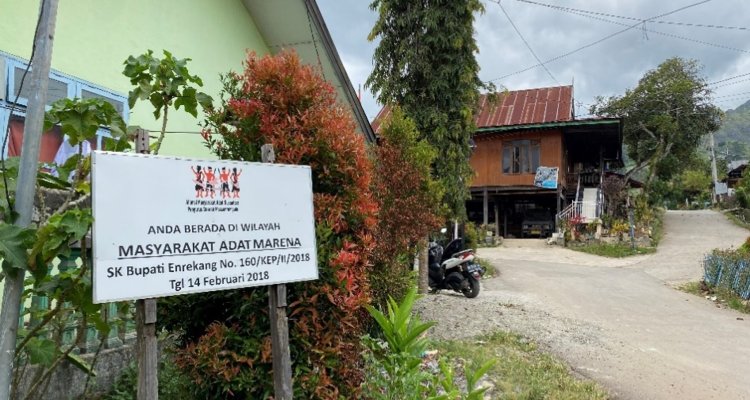
Project
Indigenous peoples right in Indonesia: rural communities’ struggle and local governments’ politics of accountability
MSc Thesis Vacancy
The rights of indigenous people in Indonesia have long been violated and denied, especially under Suharto’s military dictatorship. After the demise of this regime in 1998, processes of democratization and decentralization started, leading to greater acknowledgement of these rights. A milestone in this process was the adoption of the ruling by the constitutional court strengthening the legitimacy customary rights, particularly over customary forest. However, despite significant efforts to promote democratization and decentralization since then, the process of recognition is slow and has only in a very few cases take place.
This study investigates how the realization of indigenous rights emerge in the context of democratic decentralization in Indonesia. By focusing on formal recognition at local government level, we seek to investigate how local communities and indigenous people struggle to retain or regain their customary rights to land and forest. We want to understand the strategies these communities deployed and under what circumstances they succeeded (or failed) to realize their aims. In this context, obtaining formal recognition from the local government is an important stepping stone for indigenous peoples rights to be realized. Unfortunately, this is not an easy matter for rural communities aiming at securing their access to land and resources. Rural communities are faced with complex bureaucratic procedures which are politically power laden. In this situation, the local government exercises discretionary authority to provide formal recognition for local communities as 'customary communities'.
The absence of a clear accountability relationship for local government authorities to grant legal status as a customary community allows local elites to choose whether to support or not support indigenous peoples' demands. Therefore, this study also addresses accountability politics of local government by focusing on two aspects. Firstly, to whom refers to actors the local government is accountable in this regard. Actors refer to local communities and indigenous people, national government, or business actors. Secondly, to what norms the local government is accountable for their formal recognition or lack of formal recognition of indigenous communities rights. Theoretically, these norms can be formal but also informal norms. The former, for example, refers to human rights norms while the latter may emerge out of clientelistic relationships.